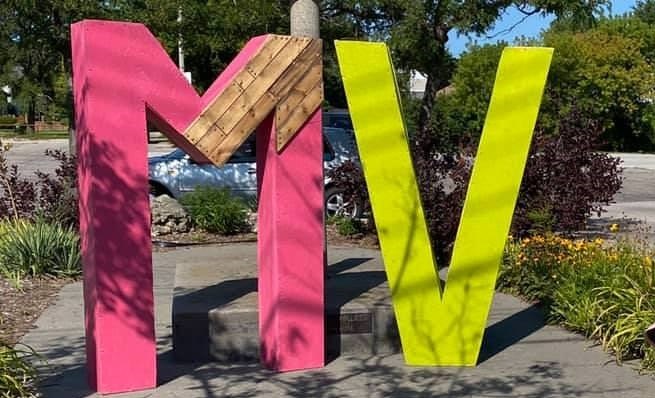Sarnia is a city without wards, a unique setup where councillors aren’t tied to specific neighbourhoods. Theoretically, this means every councillor represents the whole city equally. But in practice, councillors inevitably bring perspectives from where they live and what they know best. That’s why it’s so baffling to see councillors stepping back from decisions affecting their own communities, like Chrissy McRoberts declaring a conflict of interest on Mitton Village discussions.
In most cities, the councillor who lives in an area is expected to advocate for their neighbourhood, ensuring its needs are met at the council table. It’s not a conflict—it’s literally the job. Yet here in Sarnia, we’ve created a culture where councillors are almost afraid to represent their own backyards, tiptoeing around the possibility of Integrity Commissioner investigations. How did we end up in this bizarre situation?
When I was on council, I faced Integrity Commissioner complaints for not declaring a conflict of interest on downtown parking discussions because I owned a downtown business. Let’s break that down: I was elected, in part, by downtown residents and business owners to address their issues. Was I supposed to sit silently while decisions about their future were made? Isn’t the point of local politics to advocate for the people who put you in office? Unsurprisingly, those complaints were swiftly thrown out because the very idea was absurd. But the fact they were filed at all speaks volumes about how we’ve twisted the concept of public representation into something to be feared rather than embraced.
And here’s the real danger of councillors stepping away: if they’re not advocating for local issues, who is? Bureaucrats and city staff are. These unelected individuals, often disconnected from the realities of Sarnia life, are the ones setting the agenda at every council meeting. Councillors, meanwhile, sit and wait for issues to come to them, reduced to voting on proposals staff have already written and framed. As Bill Dennis angrily pointed out, this disconnect leaves Sarnia’s pressing needs in the hands of people who lack the accountability and local perspective necessary to make decisions that truly serve our community.
This hesitation to engage raises bigger questions. Why aren’t we addressing this strange aversion to advocacy? Why isn’t the mayor, who is quick to write letters and champion city-wide issues, pointing out the absurdity of councillors stepping back from local conversations? If representing the people in your neighbourhood is seen as a conflict, what does that say about the system we’ve built?
Sarnia is a city where every councillor is expected to represent everyone, but that’s an impossible standard. Nobody can deeply understand every corner of a city as diverse as ours. It’s natural to have a stronger connection to the issues in your own backyard. And honestly, that’s a good thing. It’s what gives neighbourhoods a voice and keeps council decisions grounded in the real concerns of the people who live here.
Instead of encouraging disengagement, we should be asking: how can we empower councillors to better represent their communities without fear of retribution? Because right now, we’re discouraging the very thing we need most: elected officials who aren’t afraid to champion the issues that matter to the people who elected them.
If Sarnia is going to thrive, we need councillors who see their local connection as a strength, not a liability. It’s time to reframe the conversation—and maybe give Mitton Village (and the rest of the city) the representation it deserves.
This article was created with support from advanced editorial tools and reviewed by our team to ensure accuracy and fairness. [Learn More]
